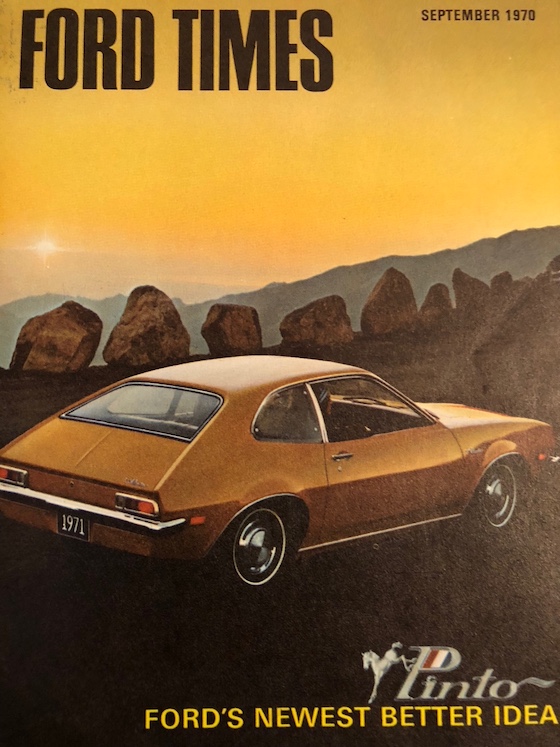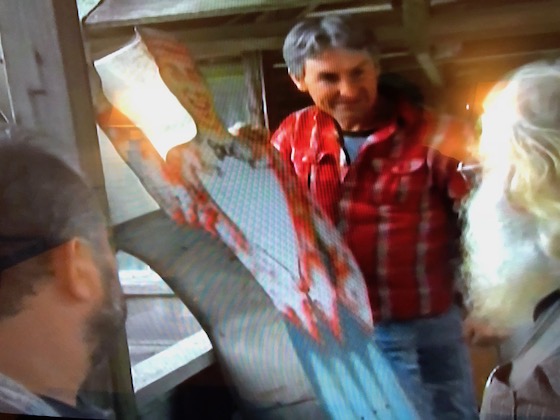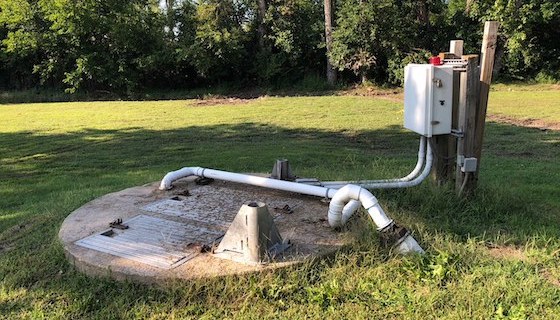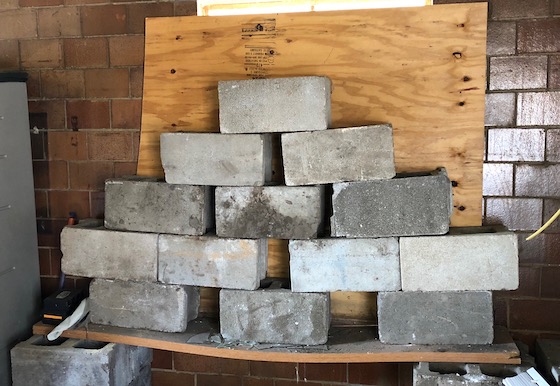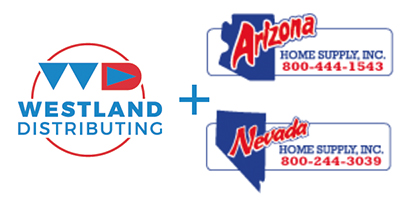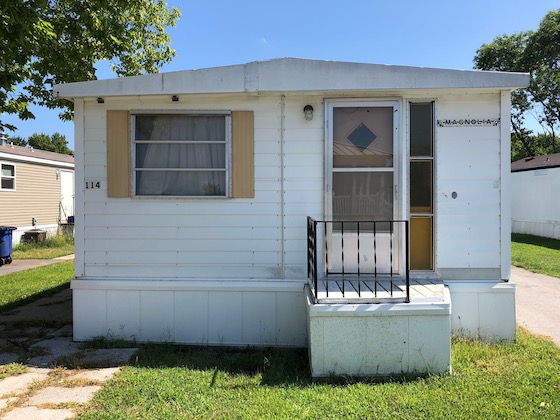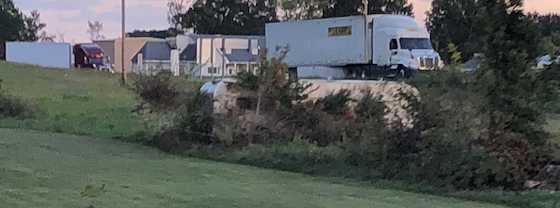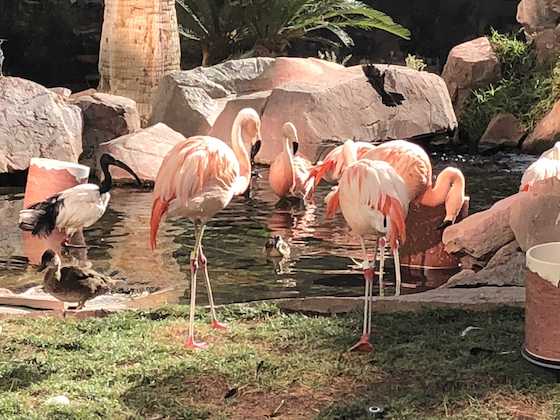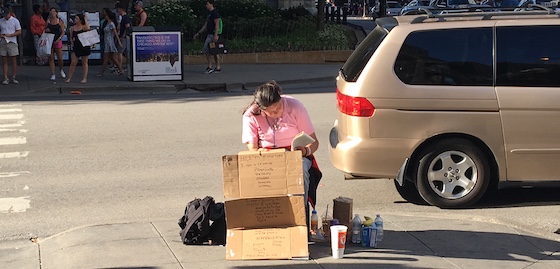When we’re out driving parks, we often drive by car wrecks. Some are minor and some horrendous. And the same can be said of what we see in the mobile home park industry, particularly when novice buyers are involved. Over the last 20+ years we have seen and experienced a lot, and these are the most common novice errors that we’ve made or witnessed.
Capping park-owned home rent
In the world of mistakes, this is near the top for park buyers. What happens is that there are rental homes in the park owned by the mom & pop owner, and the buyer uses not just the lot rent but the home rent in their revenue calculations. You can’t do that. You can only use the lot rent as it’s real property while the home is personal property. So what’s a home worth? Just the price of that commodity. A 1970s home might be worth $1,000 on the open market. But if you cap the rental rate of $300 on that home, you might be paying $30,000 for that $1,000 asset. It’s the number one killer of novice park buyer dreams.
Buying private utilities
While many parks have private utilities, the key is understanding what you’re buying and what the costs are to replace them. We got a call a few years ago from someone who had bought a park with a septic tank that was failing and could not be replace under local ordinance. It would not matter anyway, as they only had $5,000 in their bank account. And then the EPA stepped in and fined them $10,000 per day. The bottom line is that you have to really know this stuff and budget accordingly or it’s like going off the side of a bridge.
Dirt roads
This may work OK in the Dukes of Hazzard, but not that great for mobile home park values. Lenders hate dirt roads since they reflect poor pride-of-ownership and infrastructure. If you are wanting to buy these type of parks, you better be good at convincing lenders to go along with you. The worst wrecks are when the mom & pop seller finances for a few years but then you can’t refinance 3 years later. Paved roads are the way to go normally (but not always, based on the location and other factors).
Rural areas
We like living in small towns, but we’re not sure that buying in them is always a good idea. Most lenders want metro populations of 100,000 and up. If you’re area is significantly less, then make sure that the market will cooperate with your goals via a test ad, and that the lenders are OK with your concept. Again, a big danger here is seller financing that requires new bank debt later, or bringing in a bunch of homes and not having enough customers to fill them. Another problem is some smaller markets are one-horse town employers that might cut back and tank the local economy.
Markets with low home prices
The demand for affordable housing is created by high home prices. If the median single-family home is $40,000 (like it is in Flint, Michigan) then who needs a mobile home? And if apartment rents are $400 per month (like they are in some parts of Louisiana) then who needs a mobile home with a lot rent of $300? We call this concept “contrast” and it’s essential. If you don’t follow this fundamental law, it’s like rolling your car over.
Buying based on pro-forma budgets
Some brokers give the buyer a “pro-forma” budget, which effectively shows you what the park could do if it was running at peak efficiency. The problem? It’s not. So if you use these budgets you’re going to get clobbered. Make sure to run all financial plans utilizing only real numbers based on actual occupancy and lot rent levels. Better yet, test your numbers at least three times to make sure you don’t make a mistake.
Short term seller-financing
Here’s the dilemma: the seller carries the paper but on a short fuse, and you then fail to get a real bank loan and, as a result, default on the loan and lose the property. How do you solve this? By making sure that your seller note is long enough to allow you to make all the right enhancements to net income, season that for a few years, and then obtain a good bank loan. So how much time do you need? At least 5 years, but more like 10. Here’s how it would work. On a 5-year seller note you would race to fill lots and raise rents and make capital repairs in years 1 & 2, and then season those financials in years 3 & 4, and then spend the entire year 5 in finding the ideal loan. But that’s pretty tight. That’s why a 7 to 10 year loan is infinitely better. But the car wreck is when you agree to a 2 or 3 year seller note. That does not give you the time to accomplish anything, and consistently ends in default.
Master-metered gas
Most Americans don’t want to be in the natural gas business. And that includes most every park owner. But sometimes the novice investor buys a park with master-metered gas and has no idea what they’ve done. In this arrangement, the park has one giant gas meter at the front – and pays the entire park’s bill every month – and then distributes that gas to the residents and charges them by metered use. The problem is that if there’s a leak in the system, it’s dangerous and near impossible to find and fix. In the interim, the gas stays off and the residents have no heat, hot water or ability to cook. That’s too high stakes for most investors, and many a new investor has been clobbered with this one.
Not resolving city permit issues in advance
Every mobile home park falls into one of three categories: 1) legal conforming (which means you could build it again today exactly how it is) 2) legal non-conforming (grandfathered) or 3) illegal. If your park fits into either #2 or #3, then you may potentially have problems. Obviously, a park that is illegal should never be bought, but most of the parks in the U.S. are grandfathered legal non-conforming. As a result, you have to make sure that the city will not challenge you on the park’s operation or filling vacant lots or homes. If they show any sign of not being agreeable, you need to challenge this prior to buying it. This is a risk that the seller must endure, not you. If you buy a park and can’t use the lots then that’s like driving head-on into a 18-wheeler.
Not understanding what the key drivers are to profitability
While most of the above-mentioned problems are ones that need to be solved in advance of purchase, there are also a number of car-crash problems that arise from the operations after the closing. There are basically five key drivers to profitability in any park: 1) collections 2) water & sewer billing 3) occupancy 4) property condition and 5) budget/actual/difference focus and adherence. If you screw up any of those five meters, the park will crash, just as your car will die and leave you stranded.
Conclusion
Many new investors are their own worst enemies regarding their success or failure with the property. The world is dangerous enough without creating your own potholes. Proactive buyers have all of these items solved well before closing, and stay on top of the property thereafter.

